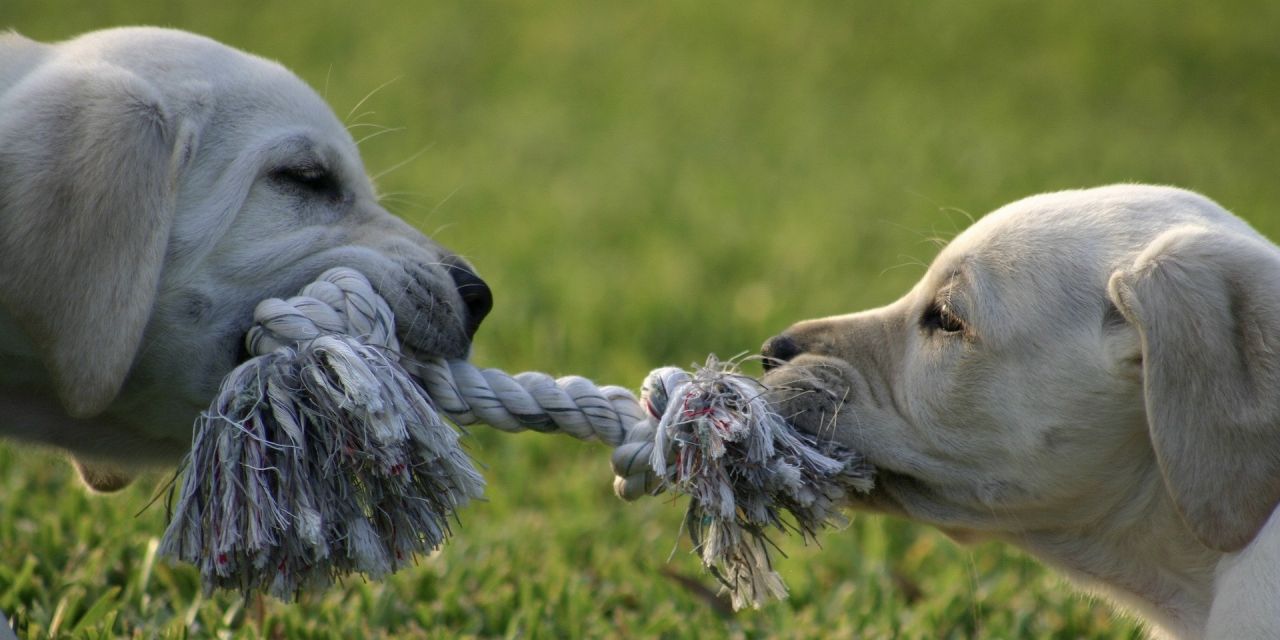It's a Team's Life

Understand the Consequences
When negotiating, know who you are dealing with. How much of a stake does the other party have in the end result. Is the money coming out of their pocket, the companies pocket, or the pocket of the company?
Then we need to take a look at ourselves. Why are we negotiating? Are we negotiating to be negotiating, and this has become a habit? Are we in an environment that requires negotiating?
When we are dealing with a dispatcher that we know or think we know has the authority to give more money on a load, should we not negotiate even though the load offer is acceptable? Is the negotiated extra pay per mile coming directly out of the other side's pocket? Do we negotiate when we know we are the only truck in the area and we have the other party over a barrel? As we look through some of these tactics, it is pretty easy to see that they will not be win-win situations.
There are always times with it is prudent to negotiate, and there are other times when doing the other person a favor will bring better rewards. It is up to us to know which is which. When the party offering the load is in a corner, and the driver asks for more pay, the driver loses in the long run.
When we are in a situation of first in, first out, there are usually no long-term consequences due to the rules of the game. There could come a time if the company has to reduce their fleet's size when the hardball negotiators could be the first to be looking elsewhere for work.
Companies that do not have the first-in/first-out rule are a whole different playing field. Playing hardball to get a better rate might work once, but that will not work out well in the long run. Working as a team to get loads covered has better long term results. When offered a load with an excessive deadhead that brings the total mile income or day pay down to an unacceptable level, it is time to negotiate for a fair rate. This does not mean either party has to agree.
There are times when the customer expects more than was agreed upon initially, and that has to be dealt with on an individual basis. Is there an unusual circumstance that has happened or does it look like the customer has developed a bad habit? Before saying no to a customer's request, consider the situation and always let the dispatcher/agent know what has happened and how you dealt with or will deal with the problem.
When negotiating with what you hope will be a long-term partner, keep in mind the win-win negotiating style.
Bob & Linda Caffee
TeamCaffee
Saint Louis MO
Expediters since January 2005
Expediting isn't just trucking, it's a lifestyle;
Expediting isn't just a lifestyle, it's an adventure;
Expediting isn't just an adventure, it's a job;
Expediting isn't just a job, it's a business.
